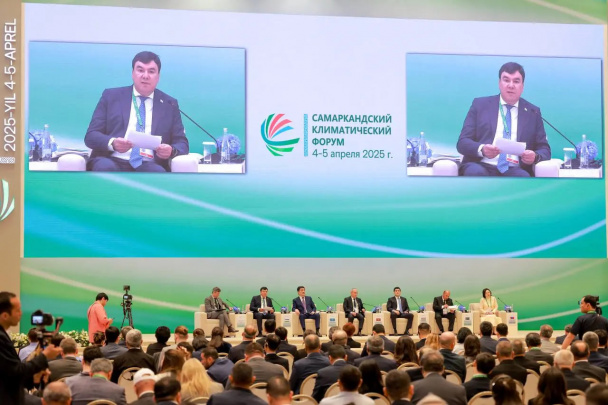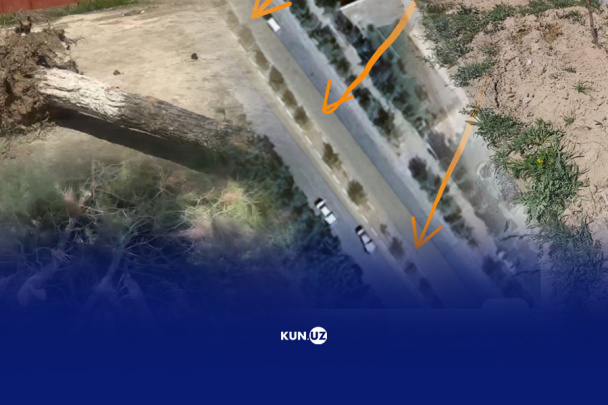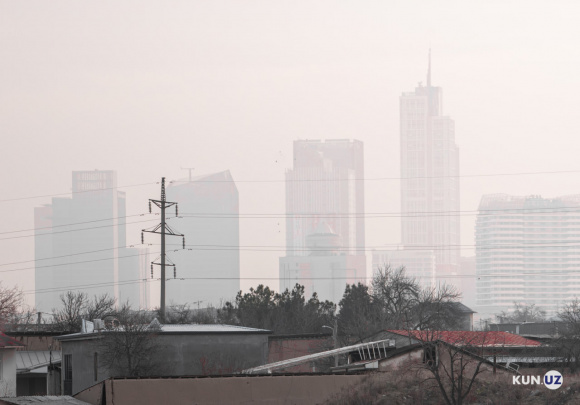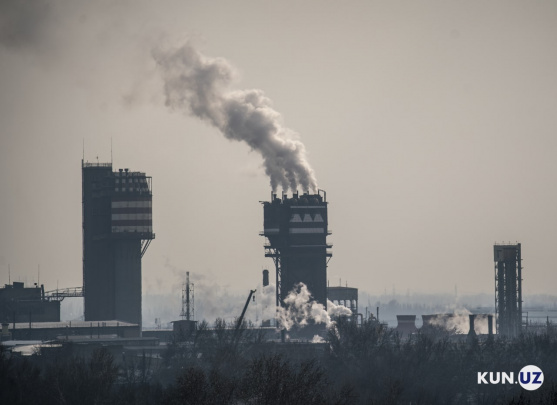Environmental protection drive: Uzbekistan to relocate industrial enterprises from urban centers
Uzbekistan has announced plans to ban the construction of environmentally harmful and energy-intensive industrial enterprises in its capital, Tashkent, as well as in Nukus and other regional centers. Existing facilities in these categories will be gradually relocated, according to a presidential decree draft on implementing the 2025 State Program under the “Uzbekistan – 2030” Strategy. This year has been designated as the Year of Environmental Protection and Green Economy by President Shavkat Mirziyoyev.
Starting May 1, new projects in Tashkent, Nukus, and regional centers that are classified as environmentally hazardous or energy-intensive will no longer be permitted. The prohibited sectors include:
- Asbestos and cement production, as well as waste by-products like sludge and slag;
- Tanning and poultry factories;
- Coal-burning facilities without advanced dust- and gas-filtration systems;
- Plants involved in ferrous and non-ferrous metallurgy or the production of glass and chemicals with toxic substances;
- Waste processing and incineration facilities classified under hazard classes I and II.
Relevant ministries and agencies have been tasked with submitting proposals by October 1, 2025, for the phased relocation of existing enterprises from Tashkent, Nukus, and regional centers. This measure aims to reduce environmental pollution in urban areas and align with Uzbekistan’s sustainability goals.
In addition to relocating industrial facilities, the decree includes broader environmental measures to be implemented by the end of 2025. These include:
- Restricting the sale and use of motor fuel that does not meet the Euro-4 emissions standard;
- Prohibiting the use of fuel oil in thermal and power generation facilities, except in emergencies approved by the Cabinet of Ministers.
Recommended
List of streets and intersections being repaired in Tashkent published
SOCIETY | 19:12 / 16.05.2024
Uzbekistan's flag flies high on Oceania's tallest volcano
SOCIETY | 17:54 / 15.05.2024
New tariffs to be introduced in Tashkent public transport
SOCIETY | 14:55 / 05.05.2023
Onix and Tracker cars withdrawn from sale
BUSINESS | 10:20 / 05.05.2023
Latest news
-
Tashkent hosts first meeting of Central Asian intelligence chiefs
POLITICS | 21:28 / 24.04.2025
-
New vehicles can now be registered online — home service also available
SOCIETY | 21:22 / 24.04.2025
-
Gulnara Karimova’s confiscated Swiss assets being directed to finance social projects in Uzbekistan
POLITICS | 21:21 / 24.04.2025
-
FIFA hails Uzbekistan’s Asilbek Aliyev as a rising star of Central Asian football
SPORT | 21:16 / 24.04.2025
Related News

18:43 / 08.04.2025
Samarkand Climate Forum sets stage for global climate action

13:08 / 05.04.2025
Greenery disappears as road expands: Tree uprooting in Boysun sparks public outcry

15:48 / 28.03.2025
Five key risks for Uzbekistan’s progress and how to overcome them

17:46 / 17.03.2025



